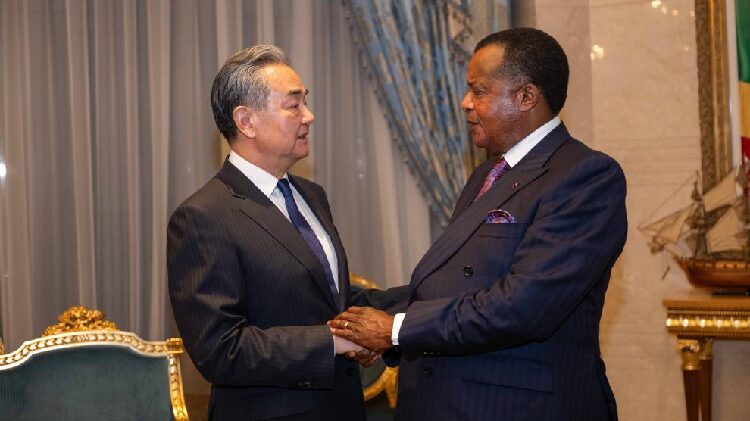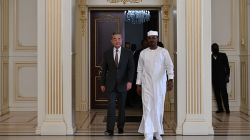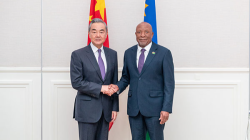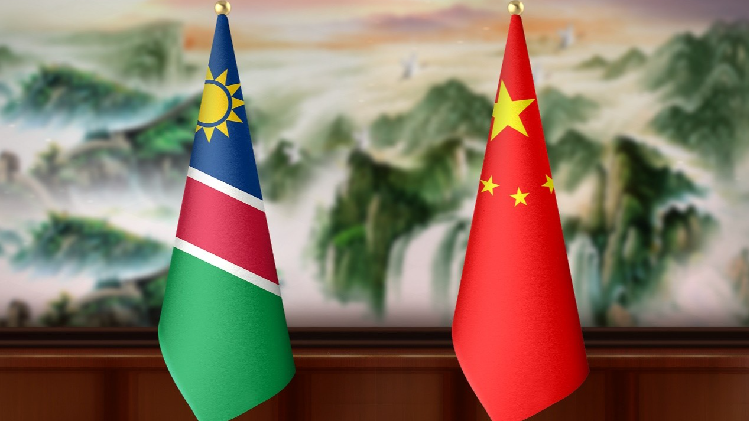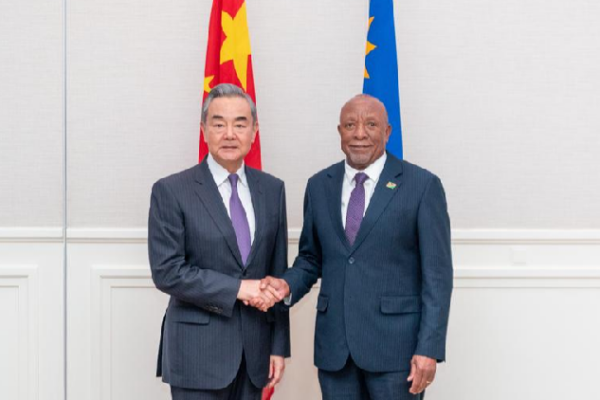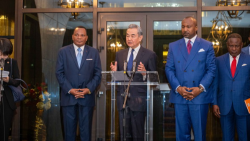Chinese Foreign Minister Wang Yi’s recent tour of Africa has highlighted the strengthening ties between China and the continent. Visiting Namibia, the Republic of the Congo, Chad, and Nigeria, Wang Yi emphasized economic cooperation, security collaboration, and a shared vision for global governance.
This trip continues China’s tradition of making Africa the first overseas destination for its foreign minister each year, a practice that’s been upheld for over three decades. But beyond symbolism, the tour focused on tangible objectives aimed at supporting Africa’s development while advancing mutual interests.
Boosting Economic Cooperation
One of the main highlights of Wang Yi’s visit was the reinforcement of economic partnerships. China is aligning its investments with Africa’s development priorities, focusing on infrastructure, industrialization, and renewable energy. With significant gaps in transportation, energy, and digital connectivity across Africa, China’s commitment to financing new projects and sustaining existing ones is poised to make a substantial impact.
Enhancing Security Collaboration
China pledged $136 million in military assistance to African nations, along with plans to train 6,000 troops and 1,000 police officers. This move underscores China’s growing role in addressing security challenges on the continent, from combating terrorism in the Sahel region to tackling maritime piracy along the Gulf of Guinea. By supporting Africa’s stability, China is contributing to a safer environment conducive to economic growth.
Championing Africa on the Global Stage
A key theme during the discussions was China’s support for the African Union’s membership in the G20. This initiative reflects a shared desire for a reformed global governance structure that amplifies the voices of developing nations. By advocating for Africa’s inclusion in major international forums, China is fostering solidarity with African countries in their pursuit of equity in global decision-making processes.
Cultural and Educational Exchanges
The visit also emphasized the importance of cultural and educational ties. Agreements were made to enhance academic cooperation, allowing more African students to study in China and facilitating knowledge transfer in science, technology, and innovation. These efforts aim to empower the African youth with skills essential for driving the continent’s development in the 21st century.
Advancing Renewable Energy Projects
With Africa’s vast potential for renewable energy, China is keen to collaborate on solar, wind, and hydropower projects. Such partnerships can address energy deficits across the continent while contributing to global efforts to combat climate change. This focus on sustainable energy solutions reflects a commitment to environmentally friendly development.
Strengthening Ties with Nigeria
In Nigeria, one of Africa’s largest economies, Wang Yi focused on deepening economic and security ties. China reaffirmed its commitment to supporting Nigeria’s infrastructure development, including ongoing projects in railways, highways, and energy facilities. The military assistance announced during the visit will also bolster Nigeria’s efforts to enhance regional stability.
Addressing Debt Sustainability
Recognizing concerns about debt sustainability, Wang Yi reassured African leaders of China’s willingness to work collaboratively on restructuring debt where necessary. This approach aims to ensure that financial obligations do not hinder development efforts across the continent.
A Partnership Based on Mutual Respect
Throughout the tour, the principle of mutual respect was highlighted as a cornerstone of China-Africa relations. By adhering to a policy of non-interference in domestic affairs and tailoring engagements to local contexts, China has cultivated goodwill and solidified its role as a key partner in Africa’s progress.
Wang Yi’s visit signifies the multifaceted nature of the China-Africa partnership. Beyond economic and security interests, it encompasses cultural exchanges, diplomatic alignment, and shared aspirations for a more inclusive global order. As Africa continues its journey towards sustainable development, such collaborations are crucial in shaping a prosperous and interconnected future.
Reference(s):
cgtn.com
